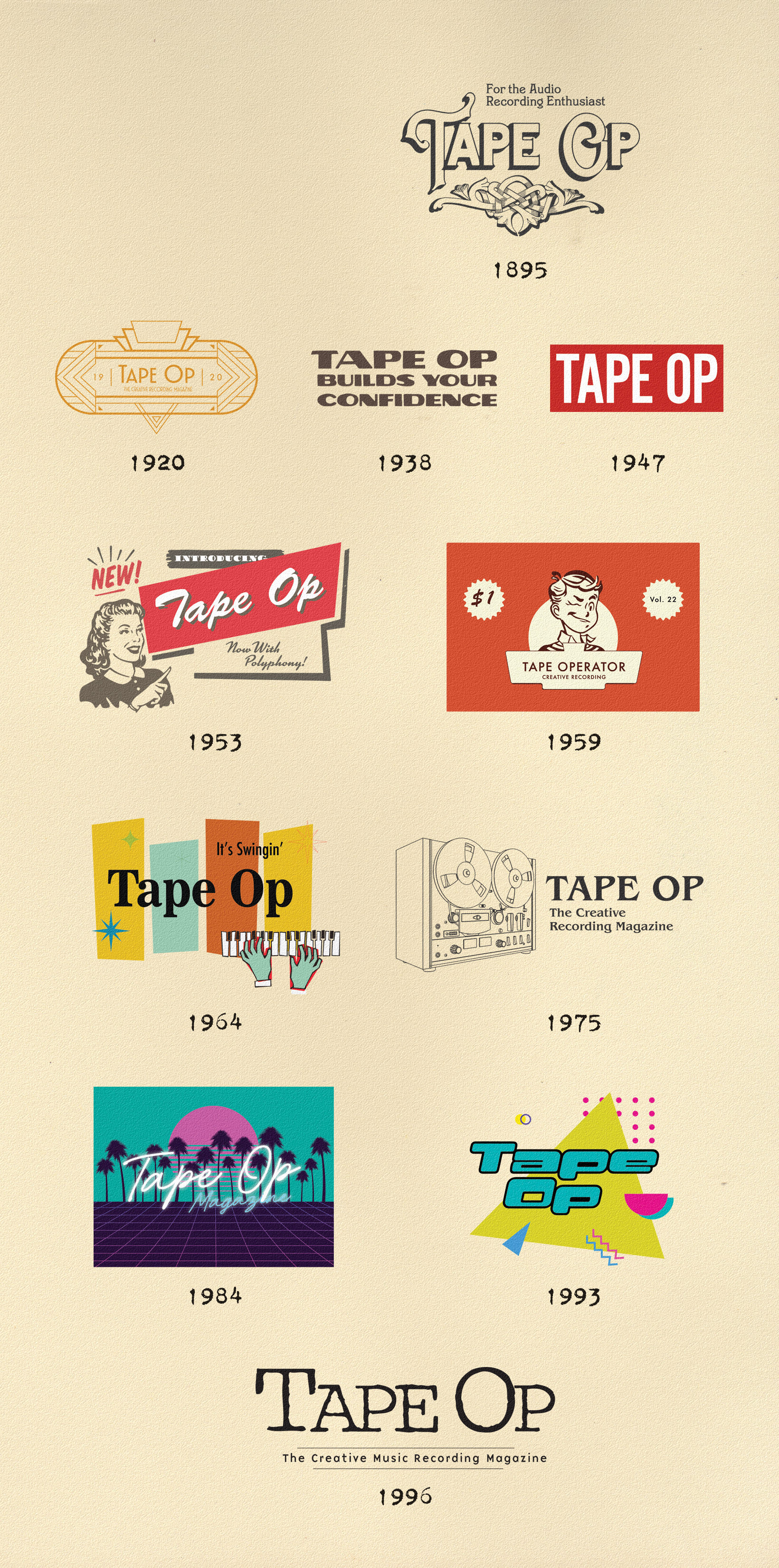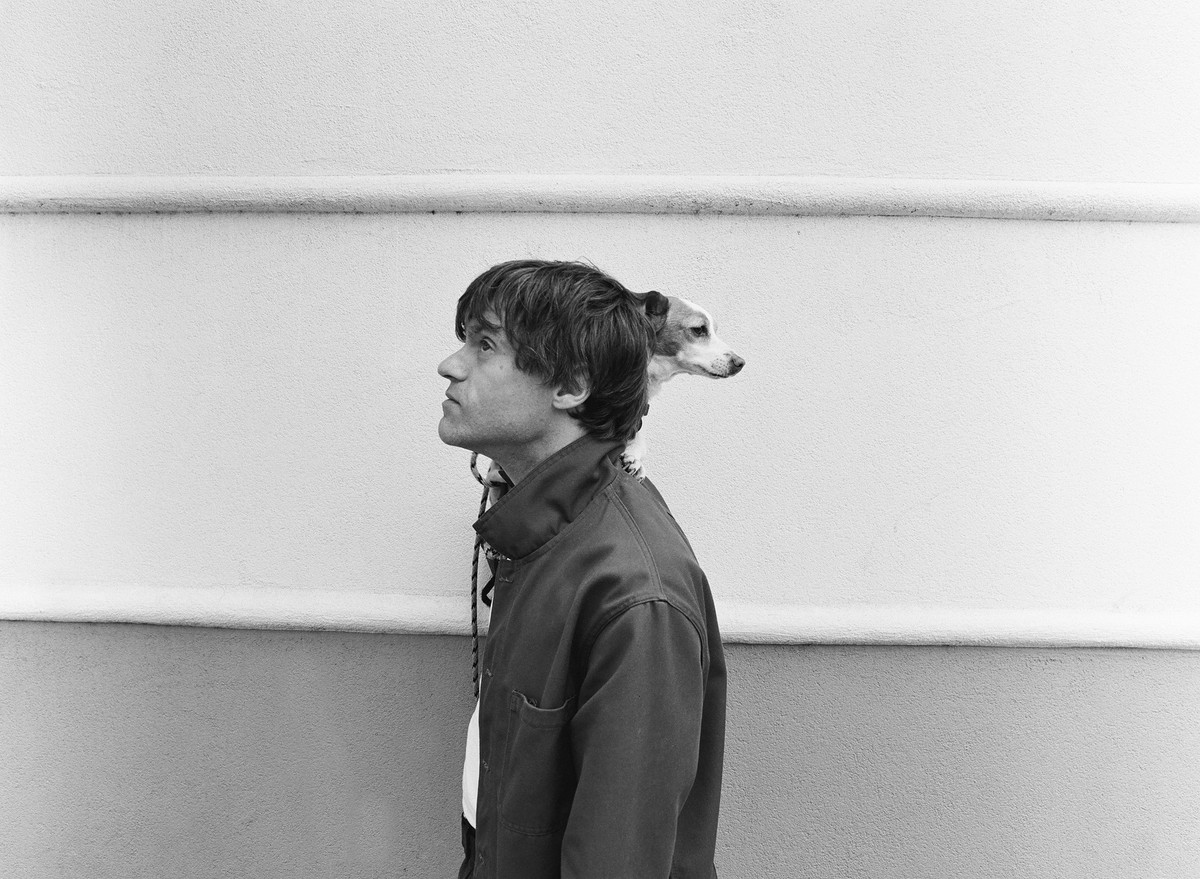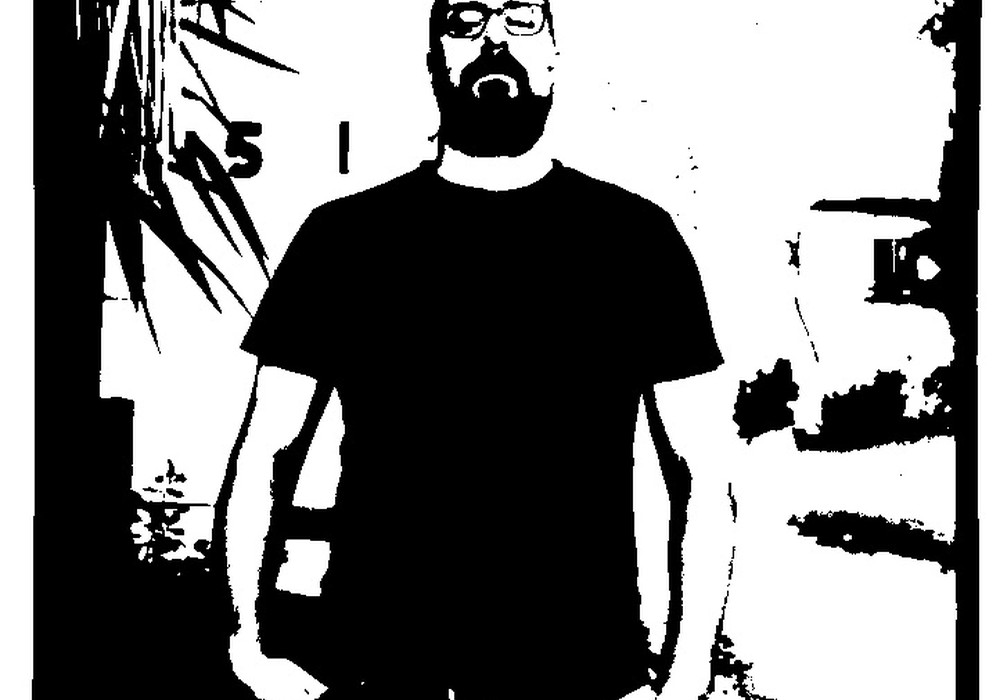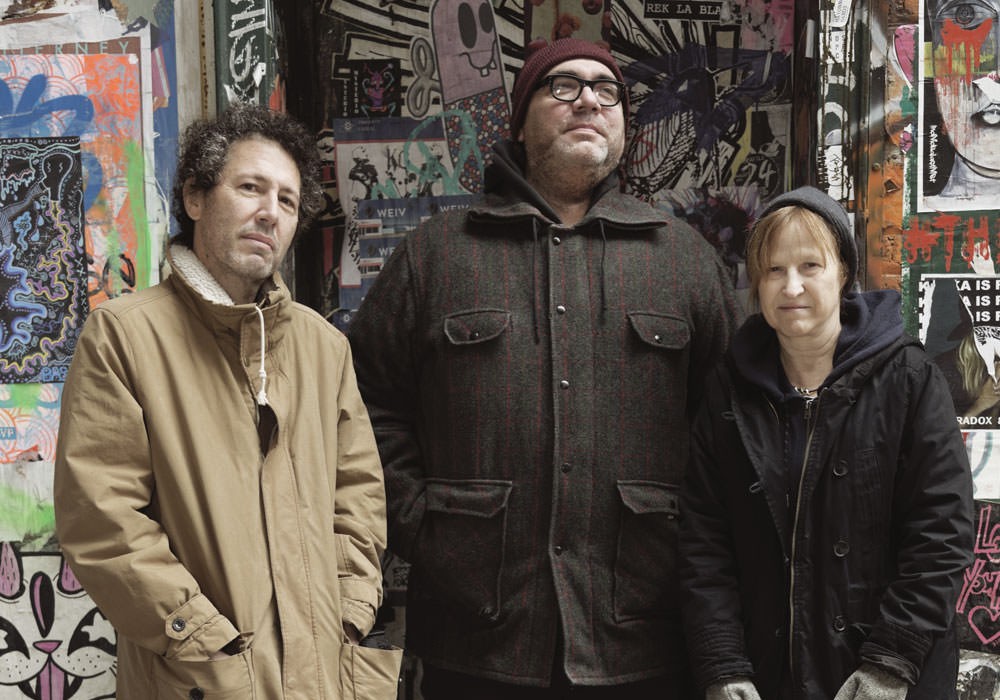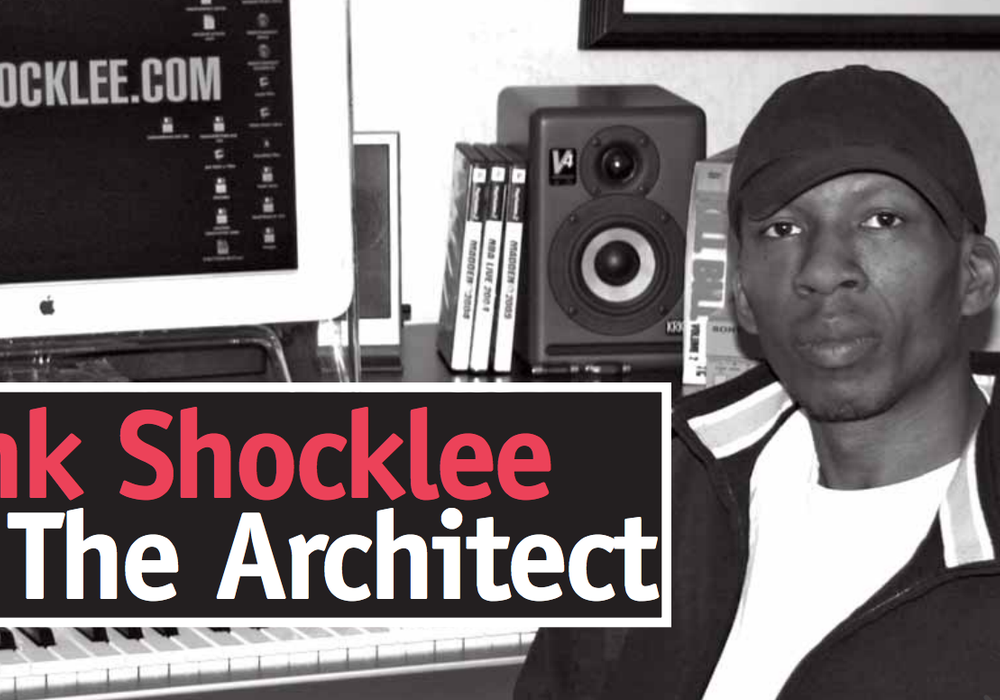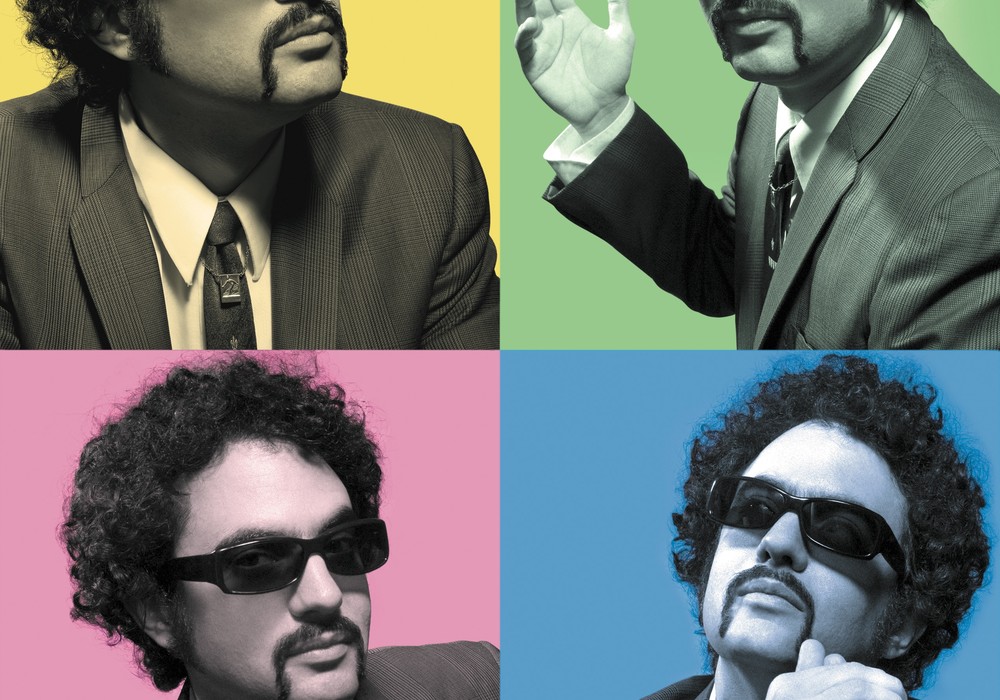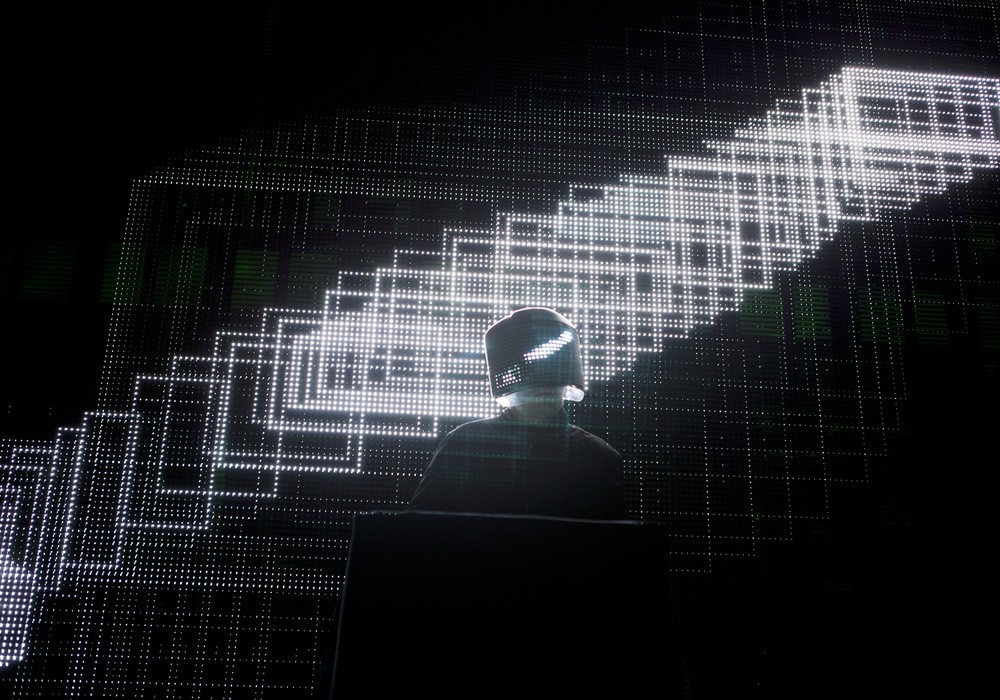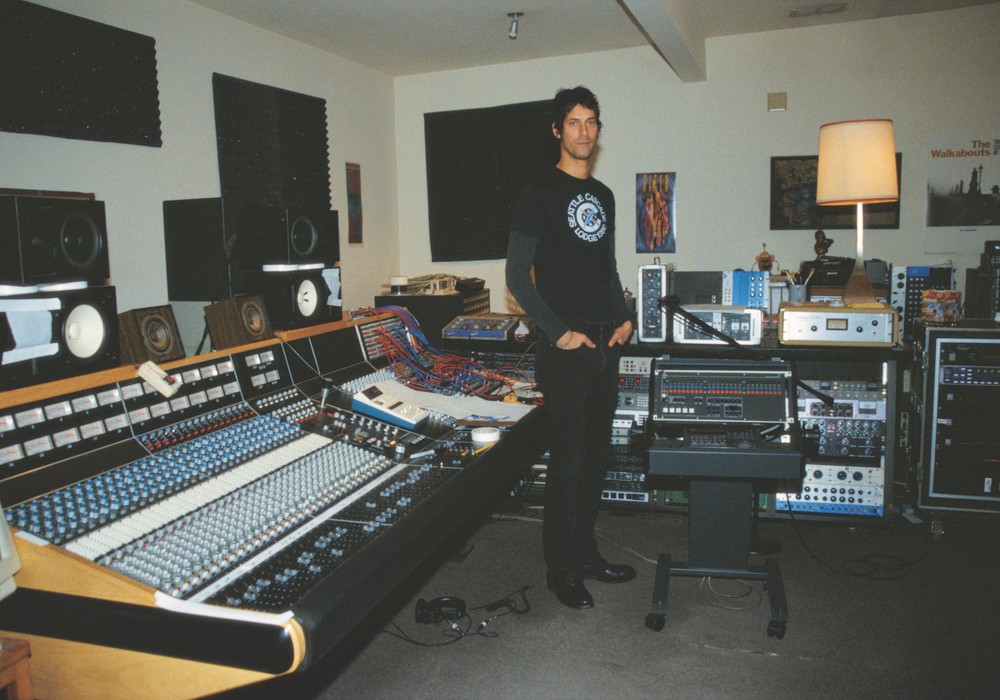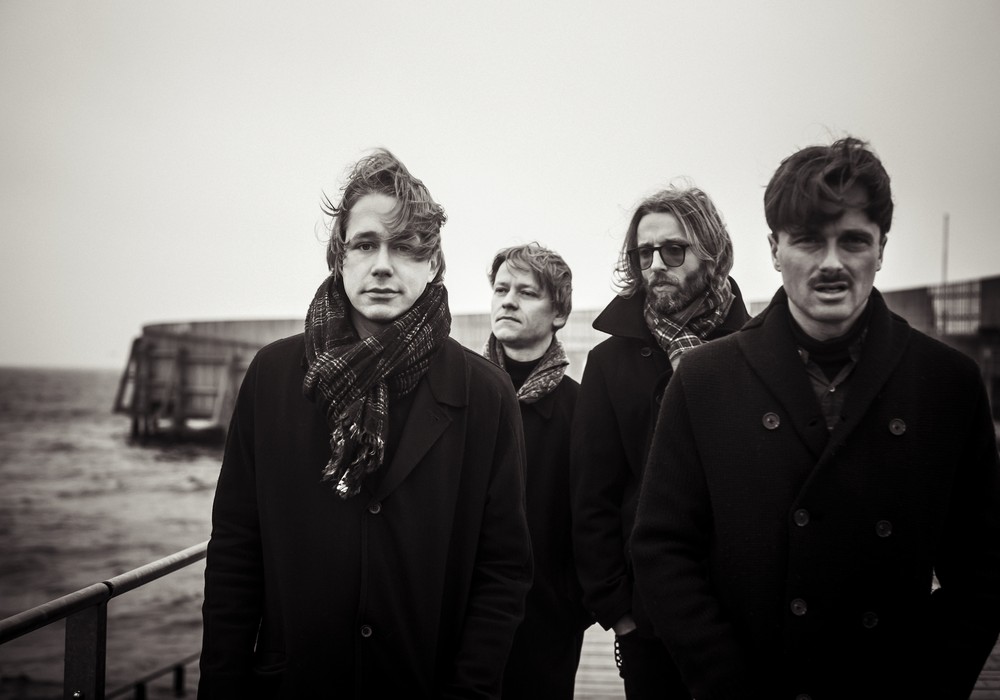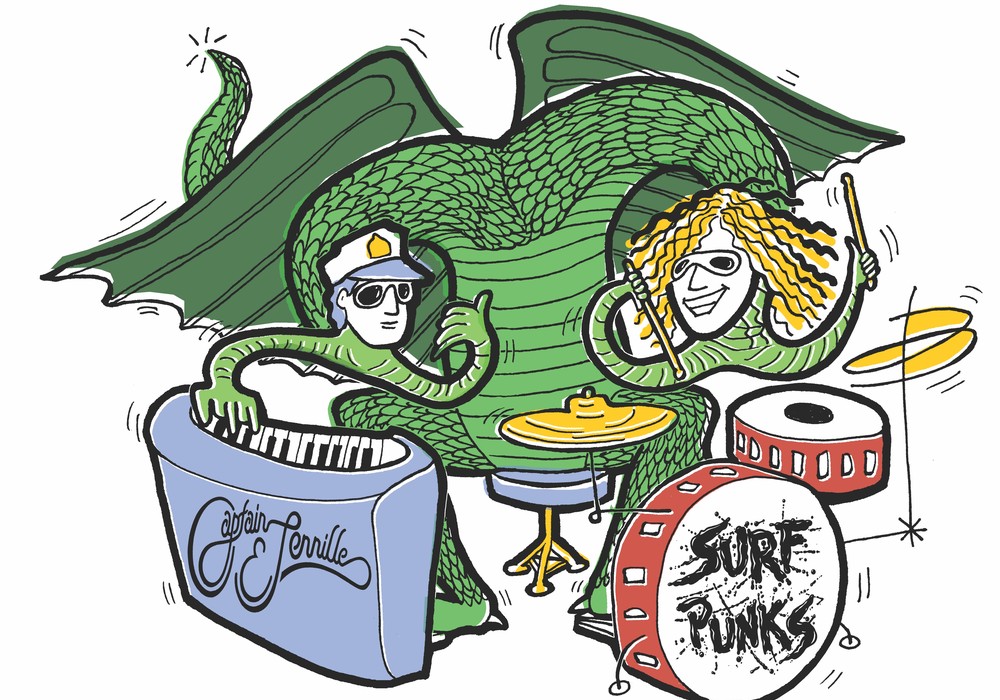When we met in 1997, you were already recording yourself on 4-track and releasing tapes on your label, Loose Change. What got you into home recording?
There was so much lo-fi home-recorded music in the '90s, and I was really into it. Nirvana was the thing that made me think I could play in a band, but a couple of years later, hearing bands like Guided by Voices [Tape Op #6] and Sebadoh suddenly made recording seem doable and fun. There were no recording studios that I knew of in the town where I grew up, and I didn't know any bands who went to studios. The little bit of a scene that did exist was made up of other people who were inspired by home recording. I don't think any of us thought about studios at that time. You could record on 4-track and have a cassette release, maybe make a 7-inch, and that, when I was in high school, was success. When we met, in the first year of college, I was just beginning to learn about recording studios. I was pretty intimidated.
You attended Purchase College [Westchester County, New York] to major in studio production, right?
Yeah, that was the idea. I didn't have any plans to go to college until a friend went to Purchase for production, and that got my parents nudging me about it. I think they just wanted me out of the house. [laughter]
Did you learn a lot through trial and error, or was the formal training at Purchase more important?
I didn't want to be in school. At Purchase, the studios at the time were mostly using ADAT, though some people were starting to use Pro Tools. I was still into cassettes and tape. I was always looking for old tape machines lying around in a studio closet or something that I could use. I was learning on ADAT, but I wasn't interested in learning anything beyond the basics. Purchase had a few dbx 160s, which only have three knobs, so that was an easy way to learn about compressors. To me, college was more about being social and learning by recording my friends. After college, I didn't even pursue recording for a few years. My energy was more focused on being in bands and figuring out how to go on tour. I don't think I learned that much [at Purchase]. I wish I'd learned more.
Is there anything in particular you regret not learning?
I wish I knew that I would be using Pro Tools every single day. I would have picked up a few more things! [laughs]
Over the years you've played in a lot of bands. How important do you think it is for a producer to also be a musician?
I couldn't imagine doing it any other way. The more instruments I'm familiar with, the easier it is to communicate with people. We learn on the job, too; learning about arranging strings, and instruments that we don't know how to play. We need to learn enough of the language to communicate ideas. It's important that I can jump in the room and play something if I need to. Not in a condescending way…
To have the ability to demonstrate something?
Yeah. It's totally useful.
Do you feel you the need to resist imposing your own aesthetic on a band you're working with?
If they're recording with me, chances are they've probably already heard something I've done, and our aesthetics are in the same ballpark. I try not to impose the ideas or opinions I have, but maybe I'll make a mental list of ideas and then figure out a way to introduce those ideas in a way that doesn't slow down the process or bum anybody out. I don't want to create a situation where people were excited about an idea, and now they're rethinking their whole lives. [laughs]
For Woods recordings, what's the division of labor in the studio between you and Jeremy Earl?
In the beginning, it was mostly Jeremy playing all the instruments and recording himself. As I got involved, that's really how I started getting into...
